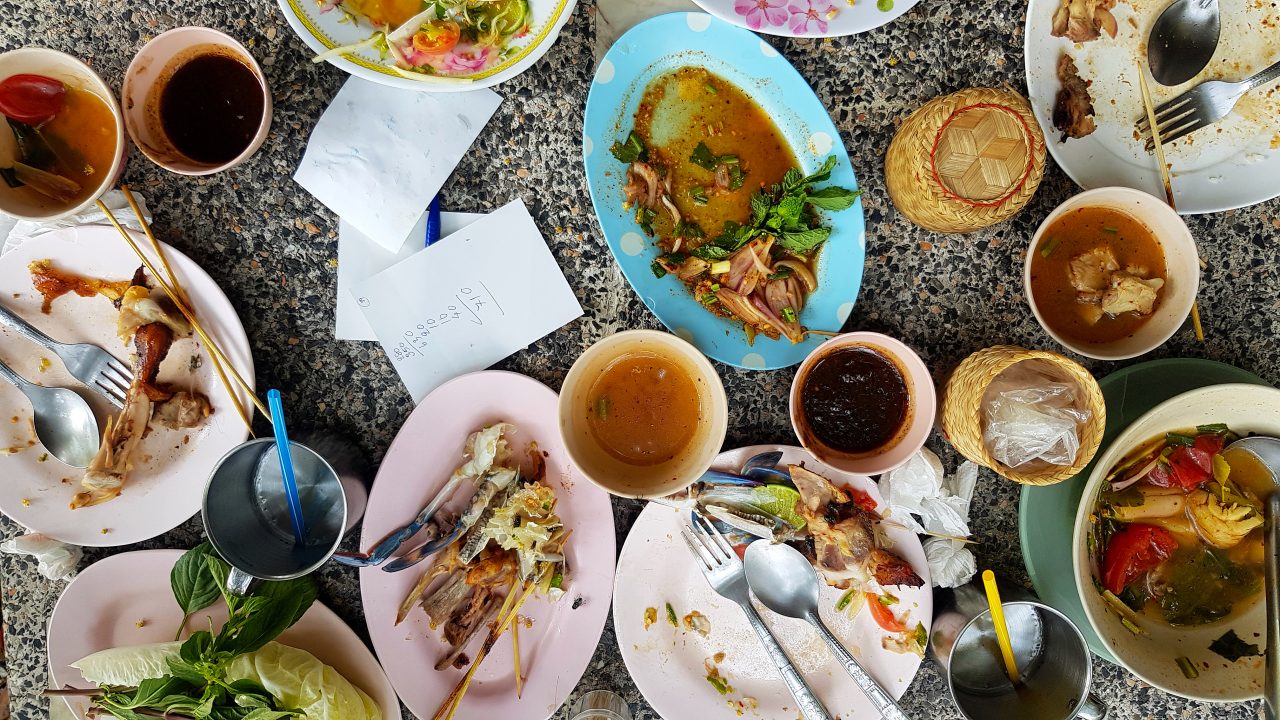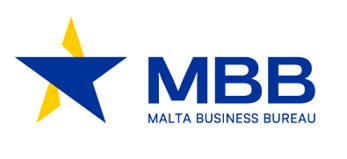
The Malta Business Bureau organised an information session with businesses on the EU’s proposal for a revised Waste Framework Directive (WFD). The European Commission has now proposed a revision of the WFD to place a greater emphasis on the reduction and proper management of food waste and textile waste.
For the first time, the new rules put forward binding food waste reduction targets which all member states must meet. Latest EU statistics show that 139kg of food per person is wasted in the EU every year, which makes up 10% of all food made available to EU customers. In financial terms, this leads to losses of around EUR 132 billion.
By the end of 2030, member states must achieve a 10% reduction in food waste in manufacturing, and a 30% reduction in households, hospitality, and retail, compared to 2020 levels. Possible measures include supporting behavioural change, raising awareness, addressing inefficiencies in the food supply chain, encouraging food donation, redistribution, and skills development.
Opening the webinar, MBB President Alison Mizzi remarked, “by minimizing waste, businesses can achieve significant cost savings, enhance operational efficiency and foster a more sustainable approach. This not only contributes to their bottom line, but also resonates with the growing consumer demand for environmentally responsible practices.”
At the same time, selecting 2020 as the baseline year to measure food waste reduction has proved controversial. “This ignores the socioeconomic circumstances brought about by the Covid-19 pandemic. As with many industries, hospitality suffered from repeated and prolonged periods of closures or other restrictions. This means any food waste data gathered that year does not reflect the real-world scenario of hospitality establishments”, Ms. Mizzi added.
The reduction of textile waste is also a key objective of the revised Directive. Initial efforts shall be placed on strengthening producer responsibility to carry the cost of waste management.
Through Extended Producer Responsibility schemes, producers of clothing, footwear, and household textiles will financially contribute towards collecting used textiles, carrying out of compositional surveys of collected mixed municipal waste, providing information on sustainable and circular practices, data gathering, and supporting R&D to improve waste processing.
Producers would also be obliged to set up their own free collection systems for used textiles, to run alongside public collection systems operated by governments.
Textile waste poses a major challenge across the globe. Current data shows that the EU generates 12.6 million tonnes of textile waste each year, with almost half attributed to clothing and footwear waste alone. At the same time, only 22% of such waste is collected for recycling or reuse.
The webinar also featured interventions by MHRA CEO Andrew Agius Muscat and The Malta Chamber Policy Executive (Sustainability) Gabby Grech Larsson. Mr. Agius Muscat shared his views on the proposal from the perspective of hospitality, stressing that hotels and restaurants have already prioritised food waste reduction in their kitchens, while more needs to the done to tackle households. On her part, Ms. Grech Larsson shared what support The Malta Chamber may offer businesses to reduce the environmental impact of their operations, through the Enterprise Europe Network service.
As it stands, the current WFD establishes fundamental principles and definitions concerning waste management, outlining important concepts such as what is considered waste, recycling, and recovery. It also sets out how waste should be managed to avoid adverse impacts on health, the environment, noise, and other aspects. The proposal for a revised WFD is an important file to address two sources of waste which has so far lagged behind.
The information session was hosted by MBB’s EU Policy Manager on Sustainability Gabriel Cassar who also provided an overview of the proposal’s main elements and what they mean for businesses in practice. He explained how the proposal may be expanded in the future to cover more sources of food and textile waste.
The MBB has been working closely with national and EU policymakers to put forward the views and concerns of Maltese businesses. Those interested in further information are encouraged to contact the MBB EU policy team on infobrussels@mbb.org.mt.
The Malta Business Bureau is the EU business advisory organisation of The Malta Chamber and The Malta Hotels and Restaurants Association. It is also a partner of the Enterprise Europe Network.







